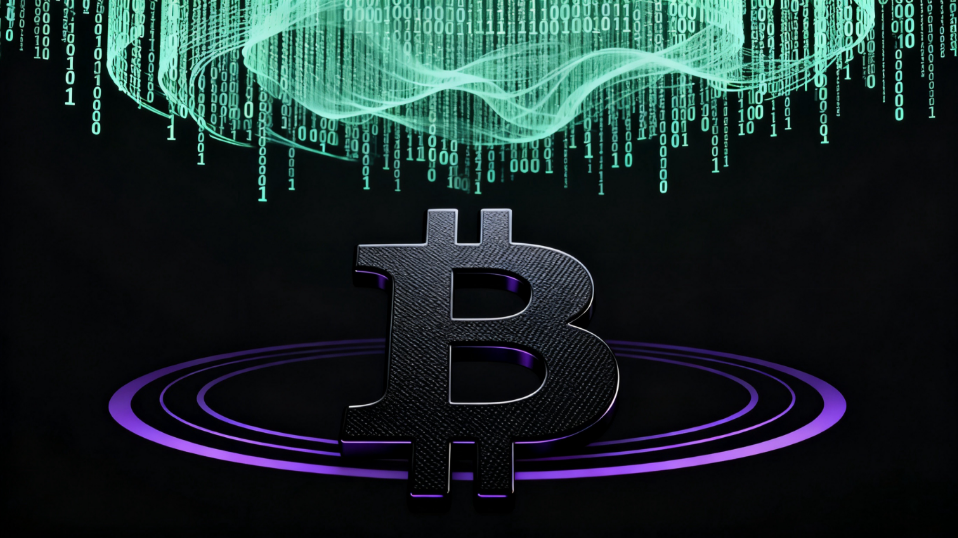
When examining Donald Trump's financial situation, it's easy to overlook one of his most important assets: Bitcoin. This cryptocurrency does not appear in the financial disclosure documents Trump submitted to the government. It is also absent from the list of assets on the Trump Organization's website. Bitcoin is nowhere to be found in other asset reports. Yet, there is no doubt that Trump holds a substantial amount of Bitcoin, estimated to be worth $870 million, enough to make him one of the world's largest Bitcoin investors.
The reason for the secrecy surrounding Trump's investment is that he holds it indirectly through his shares in Trump Media & Technology Group, the company that operates Truth Social (which does appear on his balance sheet). Although Trump Media Group generates less than $4 million in annual revenue, it was valued at billions of dollars when it went public on Nasdaq and ventured into the cryptocurrency space earlier this year. In May, the company raised $2.3 billion through substantial debt and the sale of its overvalued stock, followed by a $2 billion Bitcoin purchase in July. The stock sale diluted Trump's stake in the company from 52% to 41%. Since Trump Media Group made its big bet, the price of Bitcoin has risen by about 6%. This means Trump owns 41% of the estimated $2.1 billion Bitcoin reserve, bringing his personal share to approximately $870 million.
Only a handful of billionaires appear to own more Bitcoin than Trump. If they haven't sold any assets in recent years, the Winklevoss twins likely hold over $8 billion. Michael Saylor, a pioneer in Bitcoin reserve strategy, owns about $5 billion through his 7% stake in Strategy, plus approximately $2.2 billion in private equity. Tim Draper acquired Bitcoin confiscated by the U.S. government in the crackdown on the illegal market Silk Road at a 2014 auction; those Bitcoins are now worth $3.6 billion. Investor Matthew Roszak may hold over $1 billion in assets. Close behind is Trump, who showed almost no interest in Bitcoin during his first term.
In 2019, Trump tweeted: "I am not a fan of Bitcoin and other cryptocurrencies, which are not money, and whose value is highly volatile and based on thin air. Unregulated crypto assets can facilitate unlawful behavior, including drug trade and other illegal activity."
Trump's transformation from a cryptocurrency skeptic to a Bitcoin bull reflects his business strategy. As a marketing-savvy opportunist, he began dabbling in cryptocurrencies during his years away from the White House. Initially, Trump sold NFT trading cards, including ones depicting himself as a superhero, easily earning a few million dollars. As the 2024 election approached, he launched a cryptocurrency project called World Liberty Financial with his three sons. The project saw little progress until Trump won the election. At that time, the cryptocurrency community, highly sensitive to government regulation, rushed to buy World Liberty tokens, which Forbes estimates ultimately added over $1 billion to Trump's net worth. In Washington before the inauguration, the president-elect also launched a meme coin, TRUMP, adding nearly another $1 billion to his wealth.
Trump's re-election as president boosted asset values across the industry. From Election Day in November last year to May this year, the price of Bitcoin surged by 60%. Trump Media Group announced plans to begin accumulating Bitcoin. The company capitalized on Bitcoin's soaring price to raise funds, selling $1 billion in convertible bonds and $1.4 billion in stock. Trump's portion of these bonds amounts to about $400 million, now the largest loan in his investment portfolio, exceeding any of his real estate mortgages.
The White House appears unconcerned about the ethical issues this raises. Press Secretary Karoline Leavitt stated: "President Trump and his family have never been, and will never be, involved in any conflicts of interest." But she immediately contradicted herself by pointing out some obvious conflicts. "Through executive orders, supporting legislation like the GENIUS Act, and other commonsense policies, this administration is delivering on the president's promise to make America the crypto capital."
Investors who bought the stocks and bonds funding Trump Media Group's Bitcoin reserve are clearly hoping for a meme-stock-like surge, which doesn't seem entirely unlikely. After all, Trump Media Group's stock price soared based solely on a money-losing social media app, so perhaps tying it to one of the world's hottest assets could make it surge again? Additionally, the structure of these bonds offers investors some security: if the stock price doesn't rise, they can still get a 4% return after a year and a half.
But manias often eventually fade. Although Trump Media Group's balance sheet is now stronger, with billions in Bitcoin and $1 billion in debt, its market capitalization has shrunk by $1.2 billion since before the company pivoted to Bitcoin. Setting aside Bitcoin's impact, investors now value Trump Media Group's original media business at only 60% of what they expected in May.
This isn't to say Trump Media Group is doomed to fail, especially with three years remaining in Trump's second presidential term. If Bitcoin's price continues to climb, perhaps with help from allies in the White House, President Trump's most loyal followers might start bidding again, potentially adding hundreds of millions or even billions of dollars to Trump's wealth.
















